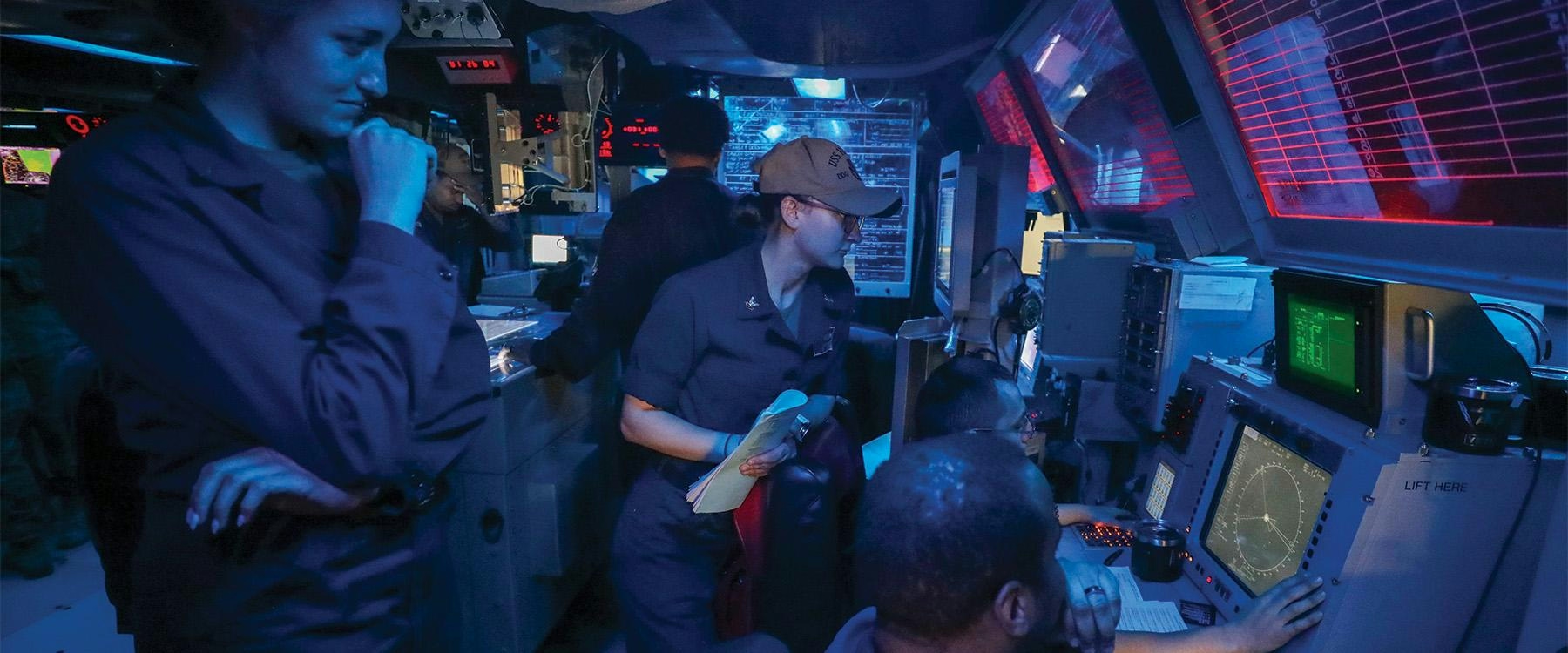AeroGenie — Seu Copiloto Inteligente.
Tendências
Categories
Navy Seeks New Technologies in AI, Hypersonics, and Cybersecurity

Navy Seeks Industry Innovations in AI, Hypersonics, and Cybersecurity for Future Aviation
The U.S. Navy has issued a call to industry partners to propose advanced technologies aimed at enhancing the next generation of naval aviation capabilities. The Naval Air Warfare Center Aircraft Division (NAWCAD), based at Patuxent River Naval Air Station in Maryland, released a broad agency announcement (N00421-25-S-0001) inviting white papers that address a wide range of technical challenges. Interested companies have until June 22, 2026, to submit their proposals, with selected submissions potentially advancing to full contract negotiations.
Areas of Technological Focus
The Navy’s request emphasizes several critical domains. In artificial intelligence and machine learning, the focus includes signal analysis, complex reasoning, multi-agent operations, sense-and-avoid algorithms, deep reinforcement learning, neural networks, and demand forecasting. Machine autonomy efforts target capabilities such as air-to-air refueling, verification and validation tools, risk management, and precision takeoff and landing. Cybersecurity remains a priority, with interest in threat detection, cyber effects modeling, reverse engineering, behavioral analysis, intrusion detection, adaptive security, simulation, and systems configuration management.
Quantum technologies are also highlighted, particularly for onboard navigation, secure communications, quantum sensing, encryption, and computing. Secure communications and networking efforts seek advancements in command and control, blockchain networks, health monitoring, and data transfer in contested environments. Digital engineering initiatives include digital twin technology, predictive maintenance, model-based systems engineering (MBSE), and virtual environments. The Navy is further pursuing innovations in avionics, sensors, and electronic warfare, focusing on multi-modal sensors, precision navigation and timing, open-systems architectures, and advanced electronic warfare concepts. Hypersonics research encompasses high-speed aerodynamics, multi-physics modeling, system testing, high-temperature materials, and advanced propulsion technologies.
Beyond these primary areas, the Navy is interested in developments related to advanced manufacturing, aeromechanics, data science, human systems, materials and aircraft structures, mechanical systems, power and propulsion, support equipment, test and evaluation, and warfare analysis.
Challenges and Strategic Context
While the Navy’s initiative reflects a broad and ambitious push for technological advancement, it faces several inherent challenges. Complex procurement cycles and competition for funding within the broader defense budget could impede rapid progress. Moreover, integrating cutting-edge technologies into existing legacy systems will require meticulous planning and close collaboration between the Navy and industry partners.
The announcement is expected to attract interest from both established defense contractors and emerging startups seeking to contribute to naval aviation innovation. However, the competitive environment is intensifying, particularly as adversaries such as China continue to pose significant espionage threats. Recent cyber campaigns targeting U.S. defense technology firms underscore the urgency of enhancing security measures. In response, U.S. military leaders have emphasized the need for greater collaboration among defense companies to counter emerging threats, especially in fast-evolving fields like artificial intelligence and unmanned systems.
Companies wishing to participate must submit their white papers by June 22, 2026, via email to the Navy. Inquiries can be directed to Stephanie Gleason at the Naval Air Warfare Center. Additional information is available on the official announcement page.

Emirates Unveils Cabin Design for New Boeing 777X

Eighteen Years On, the Airbus A380 Remains Central to a $34 Billion Airline

How a boom in luxury airline seats is slowing down jet deliveries

Navitaire Outage Attributed to Planned Maintenance

DigiYatra Debuts Outside Aviation at India AI Impact Summit

Vietnam Orders Strengthen Boeing’s Commercial Outlook

Airbus Signals Uncertainty Over Future A400M Orders

JobsOhio Awards $2 Million Grant to Hartzell Propeller for Innovation Center

Collins Aerospace Tests Sidekick Autonomy Software on YFQ-42A for U.S. Air Force CCA Program

How the Airbus A350-1000 Compares to the Boeing 777
